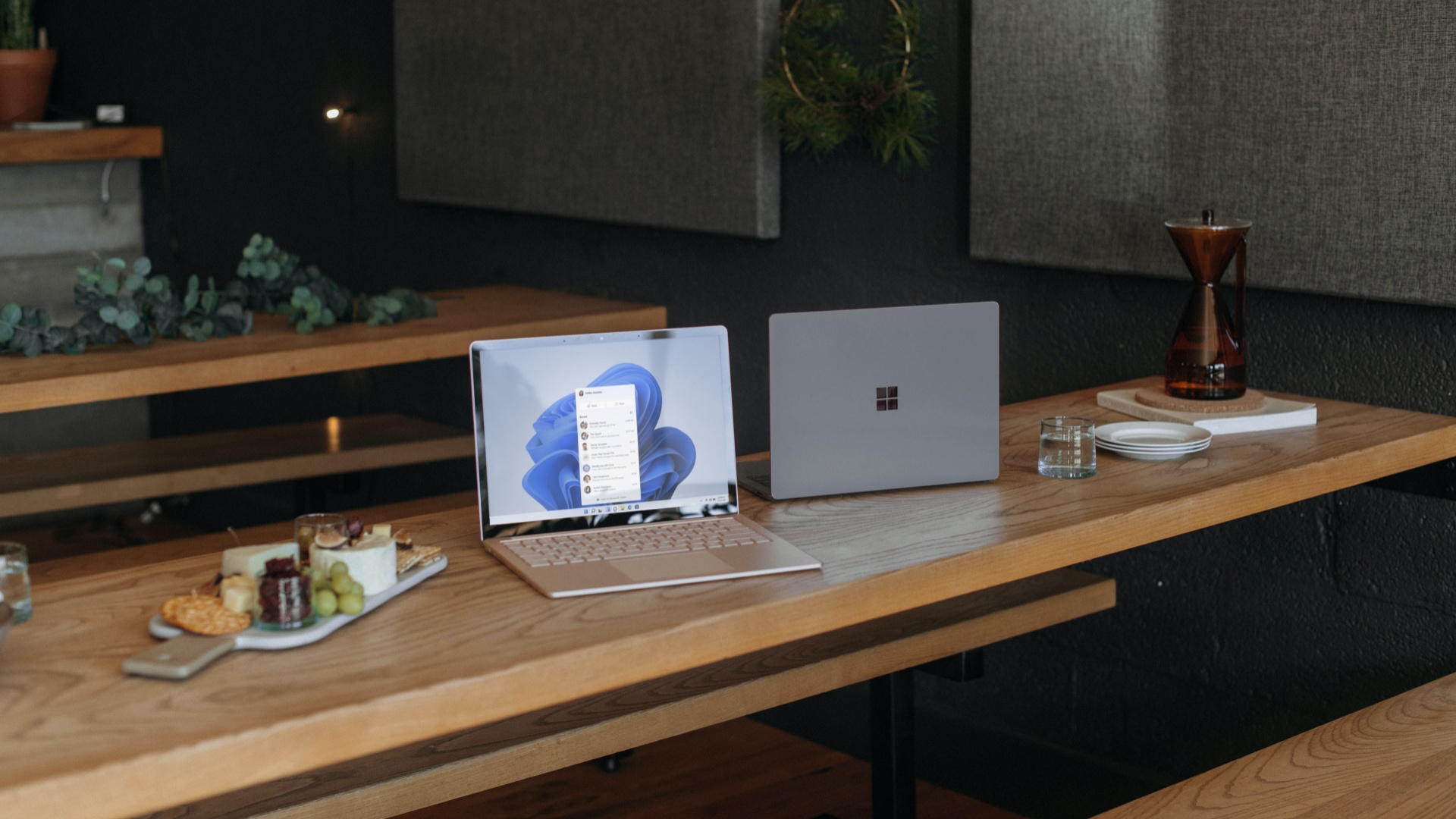Late last month, research firm IDC and Microsoft held a media briefing to discuss a report into the African continent’s cybersecurity landscape. While it showed that cybersecurity needs to be top of mind for those running the business, it also had some interesting insights regarding hybrid working.
The report, titled Cybersecurity: a Digital Transformation Imperative, specifically garnered the insights from CIOs in South Africa.
As we saw in the early days of the pandemic, organisations broadly adopted a work from home model, that yielded mixed results and employers and employees tried to navigate this new territory.
It resulted in a severe spike in cybersecurity given the need for people to work from home and in the month’s since, organisations have had to bolster their security environment or suffer the fallout from a data breach.
Looking to the current situation, as well as the years to come, hybrid working will likely be the model that many organisations favour, with digital transformation potentially assisting in making the transition as seamless as possible.
“Nearly half (48 percent) of organisations in the country are using cloud as a platform and driver of digital innovation, and 61 percent of South African organisations say they plan to spend more on cloud solutions in 2021 than 2020,” explains Microsoft in a press release sent to Hypertext.
“In fact, the research reveals that security now acts as an enabler for the rapid digital transformation needed for South African companies to remain competitive – which is increasingly driven by the adoption of cloud capabilities and the flexibility, agility, resilience and security the cloud offers,” it adds.
Given that each organisation’s cloud needs are different, the same goes for how they will implement their hybrid working models.
Part of the delivering an effective hybrid working model, apart from enabling employees with access to technology and services from anywhere, will also be creating a company culture where security is prioritised.
“People, process and technology need to be in harmony – because businesses can have the most sophisticated technology and comprehensive processes in place to monitor, detect and respond to breaches, but if a person gives their password away or clicks on a phishing email, it becomes exponentially more difficult to protect the organisation,” notes Colin Erasmus, Modern Workplace and Security Business Group lead at Microsoft South Africa.
Here Erasmus believes that zero trust will become the de facto environment that organisations chose to adopt with their security under the hybrid working model.
“As well as adopting security strategies like Zero Trust and skilling their employees in these principles, and how to handle new types of attacks from multiple different vectors, South African businesses need to develop an organisational understanding to manage cybersecurity risk to systems, people, assets, data, and capabilities,” adds Mark Walker, associate vice-president for Sub-Saharan Africa at IDC.
As organisations, both local and abroad, begin to adopt hybrid working, cybersecurity needs to be a key tenant of its implementation.
To download the whitepaper for the report yourself, head here.

